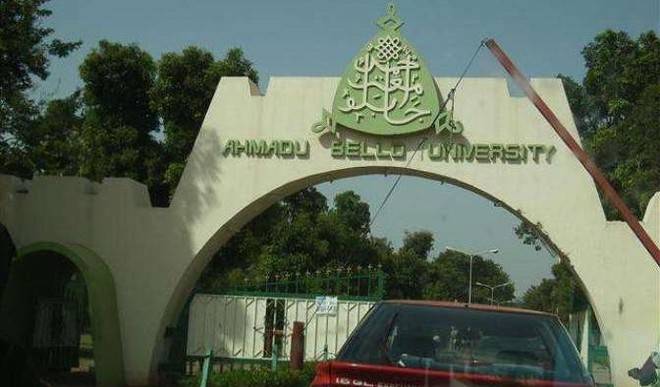From whichever direction you head to Zaria, whether from the North-west, North-central or North-east, all roads lead to Ahmadu Bello University, the favored destination for those seeking the Golden Fleece. If you must know, these geo-political regions are the original catchment areas of the ABU, and until the establishment of second generation universities, every post-primary graduate wanted to matriculate in Zaria.
From a mere 400 students at inception in 1962, the population has grown to hundreds of thousands, and still counting. Proudly ABUsites, they were young men and women who passed out through the same gate they went in four or five years earlier. And they included students from other regions of Nigeria, from neighboring countries and the rest of the world.
As it was in the past, so it is today. Young men and women still prefer it as the best ivory tower in Nigeria if not one of the best globally. As it stands though, ABU is ranked number 67 in Africa, 19th in sub-Saharan Africa and 7th in Nigeria.
Ahmadu Bello University today remains one of the few thriving legacies of the one and only premier of Northern Region, the great Sir Ahmadu Bello, Sardaunan Sokoto. It has also lived up to its billing as a world class university “comparable to any other”, having engaged in imparting contemporary knowledge, using high quality facilities and multi-disciplinary approaches to the educational needs and desires of men and women of all races.
The establishment of Ahmadu Bello University (ABU) began in 1961 following the recommendation of the Ashby Commission on “Post-School Certificate and Higher Education in Nigeria”. Sir Norman Stanley Alexander, a New Zealander and professor of Physics at the University College, Ibadan, was appointed the first principal, later vice-chancellor of the university in July, and assumed duty in November 1961.
As the first chancellor of the university, Sir Ahmadu Bello performed its opening ceremony on October 4, 1962. In 1975, the university was taken over by the federal government through a decree (the Ahmadu Bello University (Transitional) Provisions Decree of 1975), thus becoming a federal university.
Its history is one of a smooth ride, well, almost. It increased in size and scope under the successive vice-chancellorships of the late Professor Norman Alexander (1961-1966), the late Professor Ishaya Audu (1966-1975), Professor Iya Abubakar (1975-1978), Professor Oladipo Akinkugbe (1978-1979), Professor Ango Abdullahi (1979- 1986), the late Professor Adamu Nayaya Mohammed (1986-1991) and Professor Daniel Saror (1991-1995).
The university came under the sole administration of the late Major General Mamman Kontagora (rtd). Kontagora was brought in by the Abacha government to infuse sanity into, especially, the pattern of admission and its unwieldy student population that was threatening the “foundation” of its over stretched student hostels’ accommodation. He piloted affairs between 1995 and 1998 and made a success of it.
By the time he was succeeded by Professor Abdullahi Mahadi (1999-2004) and Professor Shehu Usman Abdullahi (2004-2009), Professor Jarluth U. Umoh (2009), Professor Aliyu (2009-2010) and Professor Abdullahi Mustapha (2010 to 2015) in that order, the ABU was back to its good old self once again.
In 2015 the baton changed hands once again. Professor Ibrahim Garba, a geologist, took up the mantle of leadership in a period when the student population was bludgeoning once again.
But there is more to be done even as we recognize that previous vice chancellors did their very best to develop the institution to its current enviable status as one of the premier universities in Nigeria.
Right now, the total student enrolment in the university’s degree and sub-degree programmes is about 35,000 drawn from every state of the federation, Africa and the rest of the world. Currently, it has close to 3000 academic and research staff and over 4000 non-teaching, senior and junior administrative staff.
To say the task before Professor Garba is enormous is to understate the obvious.
Its rapid growth notwithstanding which resulted in its current transformation into the largest and most extensive of all the universities in sub-Saharan Africa, Professor Garba believes an elephant with clay feet isn’t good enough. To compare with others, he said, ABU must go under the chisel through what he calls “My 3-point Agenda”. It entails refocusing “the system, even if we think what we are doing is good. We have to take it upon ourselves that we can make it even better”; such optimism!
Typical to this success requires hard work because to maintain success is more difficult than to manage failure. That is a good way to start for anyone trying to leave a legacy.
Isa writes from Kaduna
ABU Zaria and the challenge of time

 Join Daily Trust WhatsApp Community For Quick Access To News and Happenings Around You.
Join Daily Trust WhatsApp Community For Quick Access To News and Happenings Around You.


